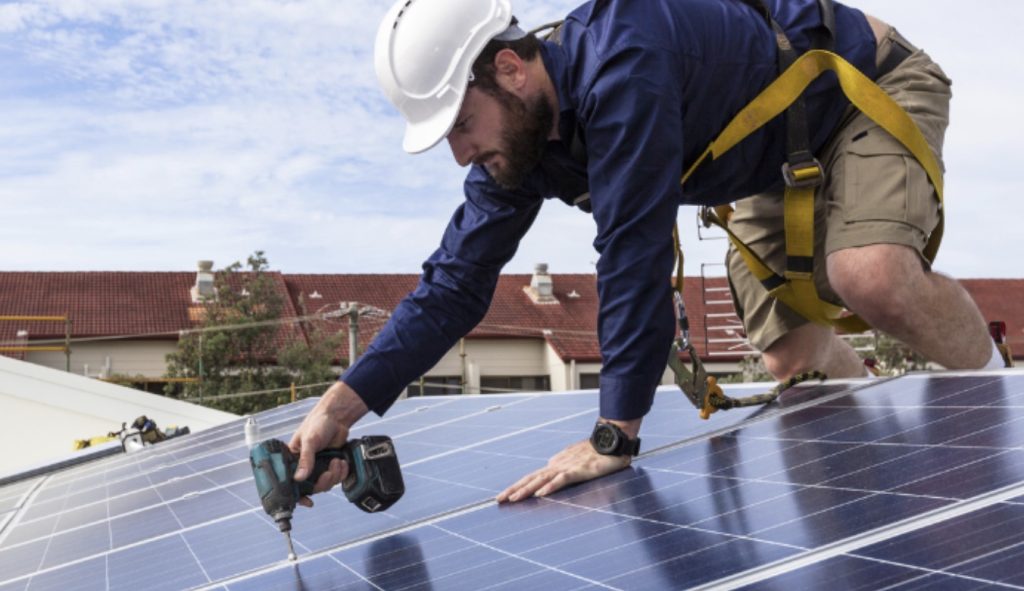In recent years, we’ve witnessed a remarkable shift towards solar energy as a primary source of power for homes and communities alike. This solar revolution isn’t just about embracing a cleaner and more sustainable energy source; it’s about transforming the way we think about power generation, consumption, and environmental stewardship.
Solar energy has become increasingly accessible to homeowners, thanks to advancements in technology, declining costs of solar panels, and supportive government incentives. Today, more homeowners are making the switch to solar, not only to reduce their carbon footprint but also to take control of their energy usage and save on utility bills.
One of the most significant impacts of the solar revolution is its transformative effect on homes and communities. Here’s how solar energy is reshaping the landscape of residential living:
- Energy Independence: Solar-powered homes are no longer reliant solely on the grid for electricity. By generating their own clean energy from the sun, homeowners gain a sense of independence and resilience, particularly during power outages or grid disruptions.
- Cost Savings: With solar panels installed on their rooftops, homeowners can significantly reduce their electricity bills over time. Solar energy offers a stable and predictable source of power, shielding homeowners from the volatility of utility prices and saving them thousands of dollars in the long run.
- Environmental Benefits: By harnessing the power of sunlight, solar energy helps reduce greenhouse gas emissions and mitigate the impacts of climate change. Solar-powered homes contribute to cleaner air, healthier communities, and a more sustainable future for generations to come.
- Technological Innovation: The solar revolution has spurred innovation in solar technology, driving advancements in solar panel efficiency, energy storage systems, and smart home integration. These innovations make solar energy more accessible, efficient, and versatile than ever before.
- Community Resilience: Solar-powered communities are more resilient in the face of natural disasters and emergencies. With decentralized energy production, neighborhoods equipped with solar panels can continue to function independently, providing critical power for essential services and communication.
- Economic Opportunities: The solar industry creates jobs, stimulates local economies, and fosters innovation and entrepreneurship. From solar panel installation to maintenance and support services, the growing demand for solar energy creates diverse opportunities for employment and economic growth.
The solar revolution is not just a technological trend; it’s a fundamental shift towards a more sustainable and resilient future. As more homeowners and communities embrace solar energy, we move closer to achieving our collective goals of environmental conservation, energy independence, and economic prosperity.
At Stephanie Maris Home Improvement and Solar Consultancy, we are committed to supporting homeowners in their journey towards solar adoption. Contact us to learn more about how solar energy can transform your home and community for the better.

